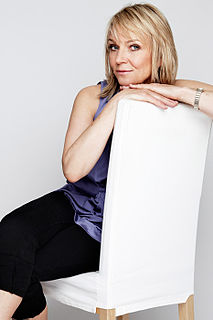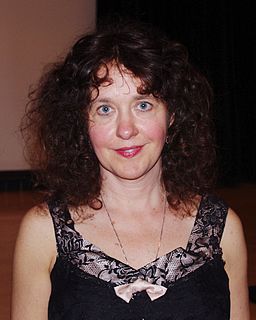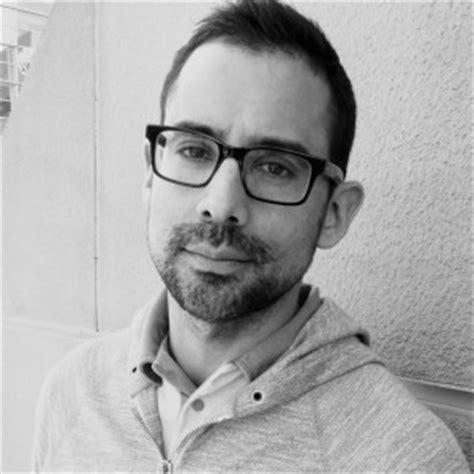A Quote by Helen Fielding
I was writing an earnest novel about cruises in the Caribbean and I just started writing 'Bridget Jones' to get some money, to finance this earnest work, and then I chucked it out.
Related Quotes
If I'm writing a novel, I'll probably get up in the morning, do email, perhaps blog, deal with emergencies, and then be off novel-writing around 1.00pm and stop around 6.00pm. And I'll be writing in longhand, a safe distance from my computer. If I'm not writing a novel, there is no schedule, and scripts and introductions and whatnot can find themselves being written at any time and on anything.
Writing is really just a matter of writing a lot, writing consistently and having faith that you'll continue to get better and better. Sometimes, people think that if they don't display great talent and have some success right away, they won't succeed. But writing is about struggling through and learning and finding out what it is about writing itself that you really love.
Writing has to do with truth-telling. When you're writing, let's say, an essay for a magazine, you try to tell the truth at every moment. You do your best to quote people accurately and get everything right. Writing a novel is a break from that: freedom. When you're writing a novel, you are in charge; you can beef things up.
I started writing when I was around 6. I say 'writing,' but it was really just making up stuff! I started writing and doing my own thing. I didn't really know what a demo was or anything like that, so I started getting interested in studio gear and started learning about one instrument at a time. My first instrument was an accordion.


































